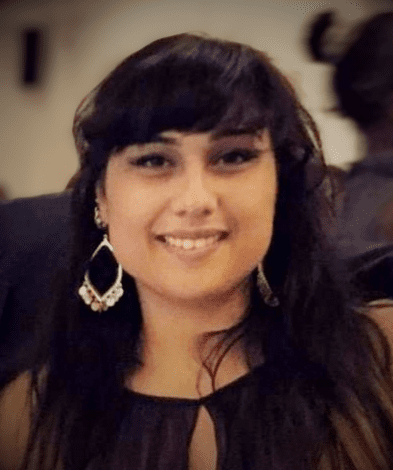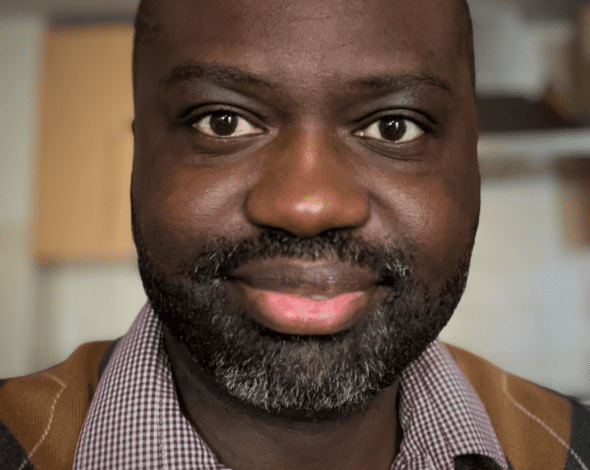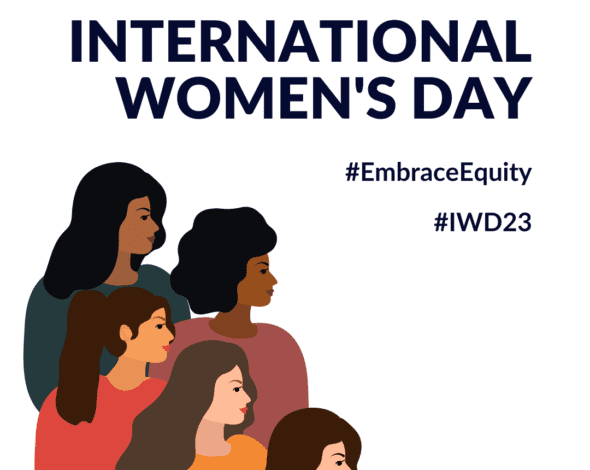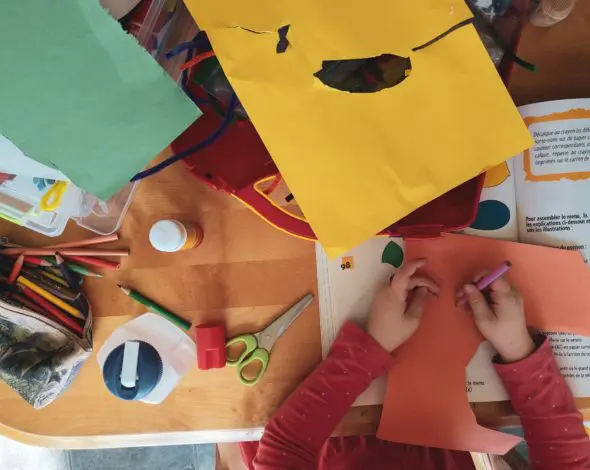Ferrial spent the early part of her career in learning disability and older people posts with the community and third sectors. These roles, coupled with her experience of single motherhood at a young age, and passion for upholding human rights and justice, led her to pursue a career in social work. In 2016, Ferrial qualified as an approved mental health professional (AMHP); she worked as a bank AMHP before becoming an AMHP Service Manager, her current role. Here, she reflects on what she’s learnt in the past year, the AMHP identity, social work week’s theme and what’s next for the AMHP profession.
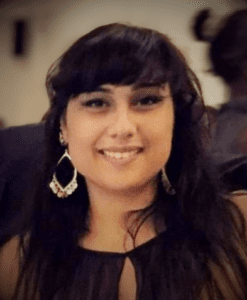 Ferrial, please share your reflections on what the past year has taught you.
Ferrial, please share your reflections on what the past year has taught you.
The past year has brought a big change for me as I’ve moved into management for the first time. I love working really closely with service users, so never thought management would be for me, but I’m really enjoying the role. I’ve learned a lot about the strategic side of social care, and have a bigger appreciation for the scale of the competing demands coming from many different layers of the system. These demands are influenced by governmental changes, and this past year, we’ve seen these changes lead to a significant increase in mental distress, for everyone from very young children to older people.
Please share your reflections on the AMHP identity.
It’s an interesting topic as AMHPs always used to be social workers, which worked well because social work is based on the social model and acts as a balance for the medical model. I wondered how allowing people in more medically orientated roles to become AMHPs would influence our identity; in my experience, AMHPs from community psychiatric nursing or occupational therapy backgrounds for example, still have a strong connection to the social model, and they are willing to look at the relationship between the person’s context and their mental distress. Those roles have brought a lot to the AMHP identity.
I like to think of AMHPs as holding a holistic perspective because we take so many factors into account. Challenge is another big part of our identity; we mustn’t be afraid to challenge power, discrimination and systemic oppression in the service of upholding human rights. This applies to us too, as we must continually interrogate our own prejudices and biases. I encourage the political in my team, and we have brilliant professionals with strong values doing brilliant work. It can be hard though because there is only so much we can do within a system enduring so many challenges, so looking after ourselves and not becoming too desensitised, is another part of our role.
What are your thoughts on this year’s World Social Work Day theme: respecting diversity through joint social action.
This theme really resonates with me. Asylum seekers have been in the headlines a lot recently and I’ve found myself wondering where our empathy has gone for people facing really difficult situations. Many of the conversations I’m having with people who aren’t social workers, who don’t share the same value base, are frustrating. It can feel lonely at times; society can be very judgemental.
The next generation seems much more accepting of difference, so I’m hopeful a shift will come. For now, I think we could all do more to acknowledge areas of difference, which are responsible for a lot of mental distress and suicidal ideation. Societal norms are deeply ingrained within us, and even I have struggled at times, but with training, I have challenged some of my assumptions and biases; this knowledge has made me think differently about the way I approach assessments, identify people and ask questions. World Social Work Day’s theme reminds us that we must keep working on ourselves.
What’s next for the AMHP profession?
Poverty has been increasing for some time now and there is a national lack of funding for our services; society’s most vulnerable people are often used as scapegoats, meaning the real problems are missed. Unfortunately, I don’t see any of this changing any time soon, so our profession will continue to work with the serious mental distress that’s caused by these social conditions.
It can be hard to avoid getting caught up in the competing demands of our jobs, but I’d like us to become more socially active – make the most of our rebellious streak, remember our values, protest our own and others’ poverty, and stay determined.
Thank you Ferrial for sharing your thoughts with us.



